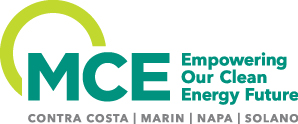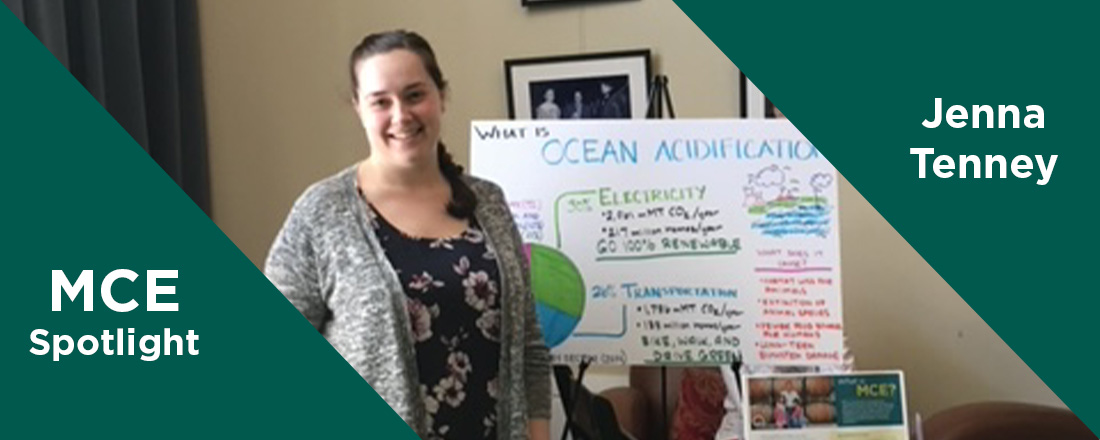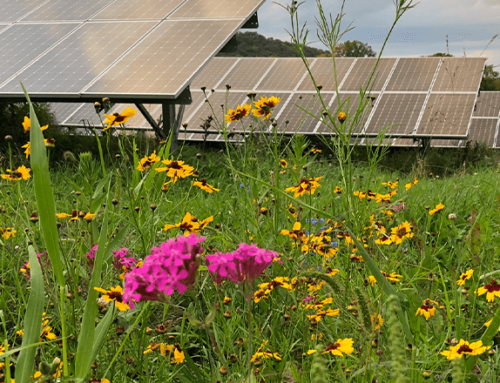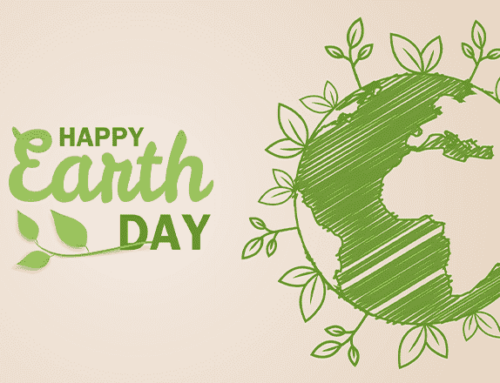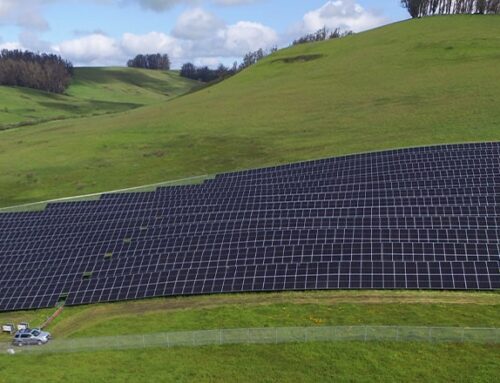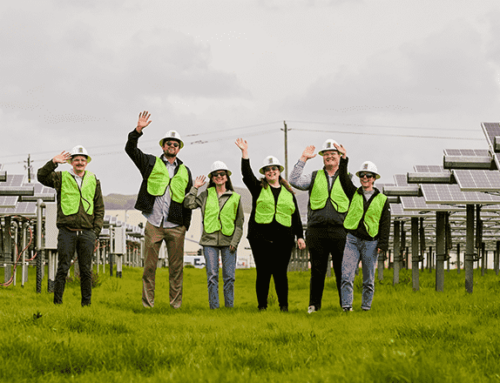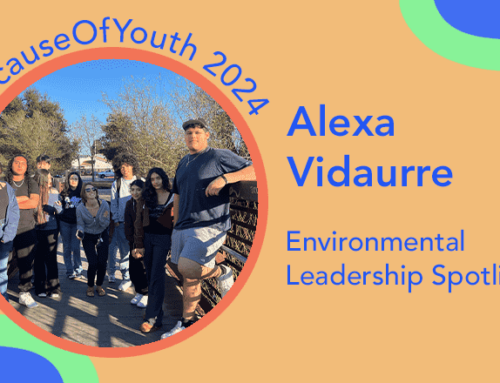MCE’s Employee Spotlight blog series gives an inside look on some of the incredible members of MCE’s staff and the sustainable actions that they take in their everyday lives. The views, opinions, and beliefs expressed here are not necessarily representative of the views, opinions, and beliefs of MCE as an agency.
Jenna Tenney is MCE’s Marketing and Communications Manager. Jenna’s focus is sharing information on energy, MCE, and our services with our customers and stakeholders.
Why did you decide to work at MCE?
Growing up in the Bay Area, science and nature were a big part of my life, including exploring natural spaces and visiting the natural history facilities. I received my undergraduate degree in Marine Biology and my master’s degree in Climate and Society. I knew that I wanted to support climate science literacy and engagement.
When I joined MCE six years ago, I was excited to be part of a mission-driven agency that focuses directly on reducing the greenhouse gas emissions that create climate change. I’ve had the opportunity to give presentations to Boy Scout troops and high school students, answer research questions from graduate students, and speak with delegations from India and Zurich. The opportunity to directly connect with others and actively reduce climate change is what makes MCE a perfect fit for me.
What projects have been the most meaningful to you?
My first role at MCE was working on multifamily energy efficiency projects. One of the services we offer is free installation of smaller energy efficiency measures like LED light bulbs and water-saving devices. I had the opportunity to visit multifamily units, help install these products, and talk to the residents. It was an incredible experience because I could connect with the residents, learn their stories, and help them better understand the services we offer. Sometimes, we were able to replace old fixtures or hard-to-reach light bulbs that customers hadn’t been able to change. Being able to help these customers was so rewarding.
I also have had the opportunity to help communities in Contra Costa, Napa, and Solano Counties enroll in MCE. As part of this process, I’ve learned about many organizations and individuals across our service area. It’s been meaningful to gather a deeper understanding of the community I grew up in and meet interesting and enthusiastic people. Working at MCE has given me a much deeper understanding of the issues affecting the community.
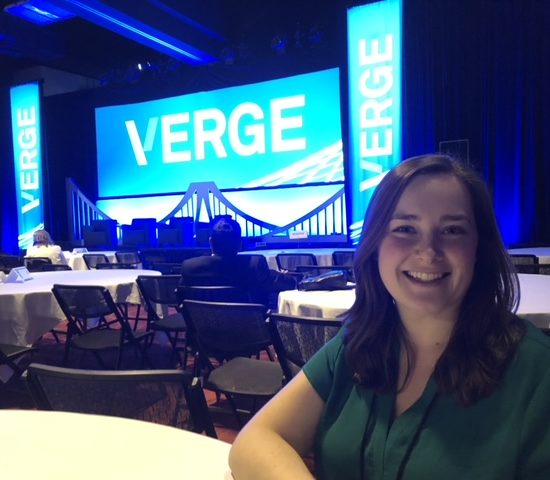
Jenna Attending the 2018 Verge Conference on Accelerating the Clean Economy
How have you incorporated sustainable practices into your everyday life?
A couple of years ago, I started reducing my consumption and waste. It’s a difficult process because so many products are disposable. I’ve switched out ziplock bags for silicon bags, found reusable and package-free products for cleaning and bathing supplies, and found brands that practice circular sustainability. One example is a makeup brand that uses 100% recycled packaging that you can return for reuse. I also look for fashion brands that do this and try to buy groceries locally from the farmers market or the grocery store. I also try to buy less. When I purchase something new, I try to buy things that can be used in multiple ways, are made of sustainable materials, and can be used for extended periods.
What would you say to someone who wants to help the environment but feels they won’t make a difference?
Every small choice makes a difference, and it’s okay for your choices to be different than someone else’s. If you can’t go zero-waste or purchase sustainable fashion, that’s okay. Find small swaps in your daily life that you can do, such as doing Meatless Mondays, bringing your lunch to work, or carpooling. I believe we need to feel good about the actions we take and let go of the actions we can’t.
How can others kick-start their sustainability journey?
I started my journey by learning about what sustainability means. If you’re new to sustainable and environmental action, consider following people on social media who talk about those topics. Social media can also be a wonderful place to find communities, like local “Buy Nothing” groups on Facebook or meetups for activities like trash collecting. Your city or town may also have something you can get involved with, such as an annual community service day or a sustainability committee that meets regularly to discuss how the city can take action.
